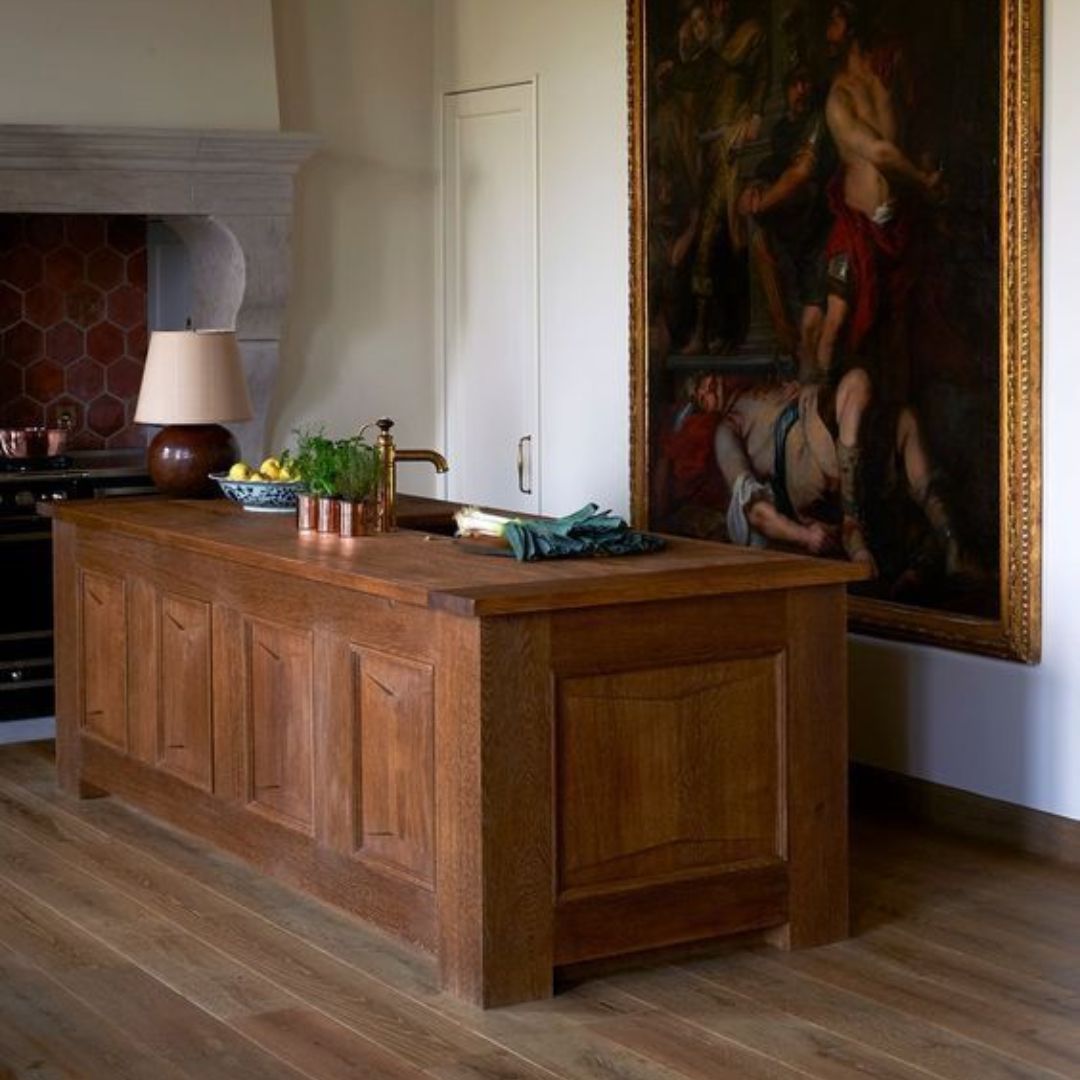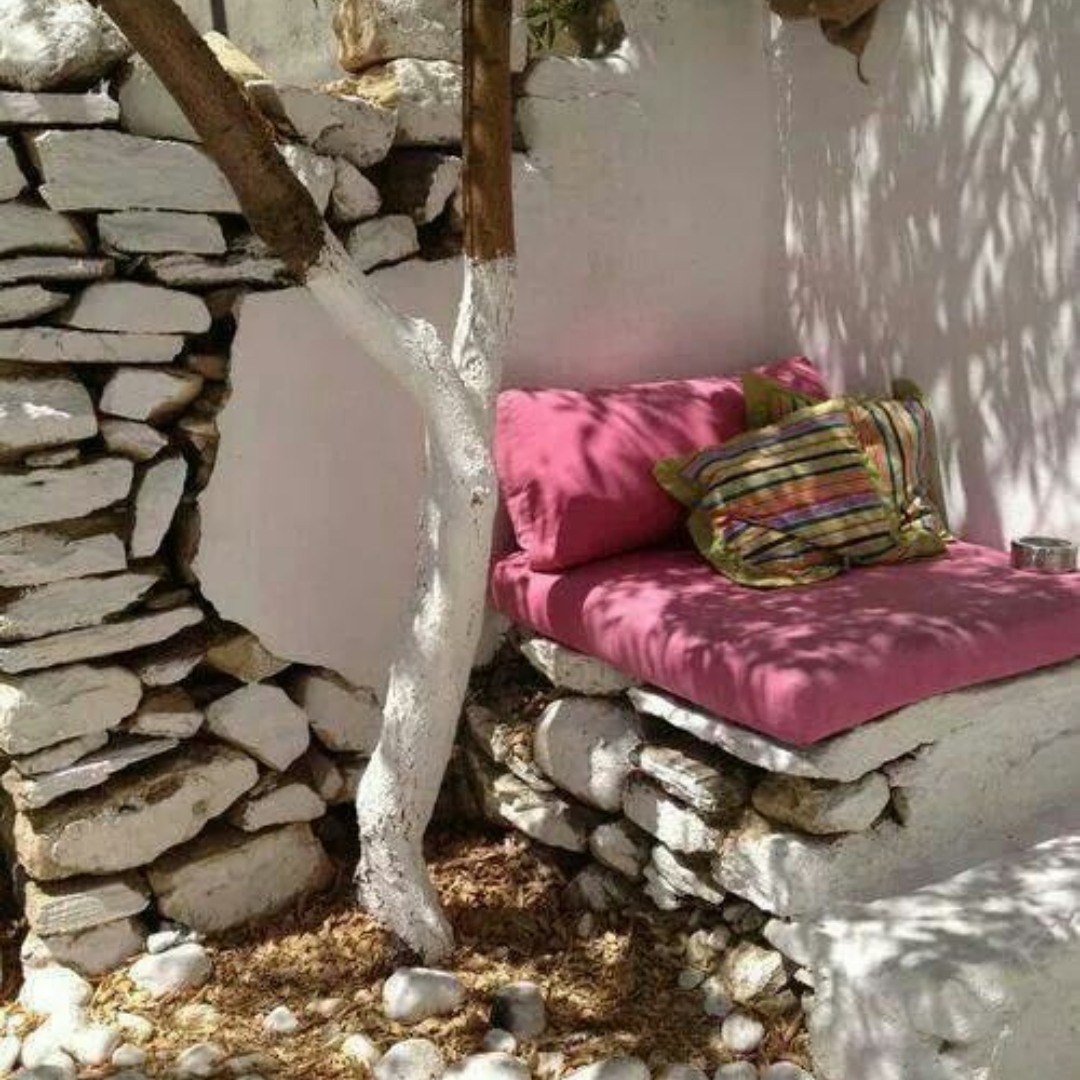
Books as Interior Decor
share this post
In the realm of interior design, the role of books is undergoing a quiet but profound transformation. No longer confined to the shelves as mere vessels of knowledge and entertainment, books are increasingly recognized for their decorative potential, emerging as key elements in home decor. This evolution in perspective invites us to view books through a new lens—not just as collections of pages and words, but as aesthetic objects and emotional artifacts that add depth and character to our living spaces.
Historically, books have held a place of reverence in homes, symbolizing culture, learning, and a window to diverse worlds. Yet, in recent times, with the surge of digital media, the presence of physical books has taken on a new significance. They offer a tactile contrast to the intangibility of the digital age, bringing a sense of warmth and nostalgia to modern interiors.
In this article, “Beyond the Shelf: Books as a Trending Element in Interior Decor,” we delve into the multifaceted ways books are being used in contemporary interior design. From color-coordinated bookshelves to books as centerpieces in a room’s theme, we explore how these literary objects are being reimagined to enhance the aesthetic appeal and emotional resonance of our homes. Join us as we uncover the emerging trends that elevate books from mere reading material to stylish decor elements, adding a unique charm and personality to every space they inhabit.
The Aesthetic Appeal of Books
Books as Design Objects
In the contemporary interior design landscape, books are increasingly appreciated for their intrinsic beauty. A well-designed book cover, an artistically crafted spine, and the tactile quality of paper contribute significantly to a room’s visual appeal. Arranging books with attention to their physical attributes – color, size, binding – can transform a simple bookshelf into a striking visual element. Designers often utilize books as focal points or to add a splash of color and texture to a room.
Color Coordination and Themes
One of the most popular trends in decorating with books is color coordination. Organizing books by color creates an eye-catching display that can act as a piece of art in itself. This approach not only adds vibrancy to a space but also brings a sense of order and harmony. Thematically arranged books, whether by genre, author, or subject matter, can also tell a story about the homeowner’s interests and passions, adding a layer of personalization to the decor.



Image credits from left to right: (1) @genuine on Pinterest (2) unknown (3) @themoonismissing on Pinterest
Books in Unconventional Spaces
Books are breaking free from the confines of traditional bookshelves and finding their way into unconventional spaces in homes. Stacked artfully on coffee tables, arranged on mantelpieces, or even displayed in kitchens, books add a lived-in, cozy feel to these spaces. Some creatively use books as makeshift furniture – like a stack of large, hardcover books serving as a side table – blending functionality with style. These innovative uses of books in decor not only showcase their aesthetic appeal but also highlight their versatility as design elements.
Books and Their Emotional Impact
The Nostalgic Value of Books
Beyond their visual appeal, books hold a unique emotional value. They are carriers of stories, memories, and experiences, making them deeply personal items. In interior design, books can serve as reminders of specific times, places, or emotions, adding a layer of nostalgia to the space. A well-loved book from childhood displayed prominently on a shelf, or a collection of travel guides amassed over years of adventures, can imbue a room with a sense of history and personal narrative, making it feel more intimate and lived-in.
Storytelling Through Book Displays
The way books are displayed can also tell a story about the homeowner. A collection of classic literature, for instance, speaks to a different aesthetic and interest than a shelf full of modern thrillers or art books. This form of self-expression through books is a subtle yet powerful way of communicating one’s personality and tastes. Whether it’s a meticulously organized bookcase or a casually stacked pile of books, each arrangement adds a unique character to the room, making it a reflection of the people who inhabit it.
Books, with their capacity to evoke emotion and reflect personal journeys, go beyond mere decoration; they become a part of the home’s soul, contributing to the creation of a space that is not just beautiful but also meaningful.

Image credits: @mvb on Instagram
Practical Aspects of Decorating with Books
Space Utilization and Organization
Incorporating books into interior design isn’t just about aesthetics; it also involves practical considerations of space and organization. In smaller homes or apartments where space is at a premium, books can serve a dual purpose. Vertical bookshelves can create a sense of height and openness, while wall-mounted shelves can save floor space. For those who prefer a minimalistic approach, a few strategically placed books can add a touch of warmth without cluttering the space. The key is to find a balance that aligns with the room’s functionality and the homeowner’s lifestyle, ensuring that books enhance rather than overpower the living space.
Balancing Functionality and Style
While books are being used increasingly as decor elements, their primary function – to be read – should not be overlooked. Accessibility is important; books placed too high, or used purely for aesthetic reasons, might detract from the comfort and usability of a room. A well-designed reading nook, with books within easy reach, can be both stylish and functional. The use of coffee tables and bedside tables for displaying and storing books can also add a practical yet chic element to the decor. It’s about creating a space where style meets substance, and books are appreciated both for their content and their contribution to the room’s ambiance.



Image credits from left to right: (1) inbedstore.com (2) unknown (3) mydomaine.com
The Evolving Role of Books in a Digital Age
As we move further into the digital age, the presence of physical books takes on new significance in our homes. With screens dominating much of our daily lives, books offer a tactile, grounding counterpoint. They remind us of the joy of slow living – of taking a moment to turn a page rather than swipe a screen. In this way, books in interior design represent more than just a decorative trend; they are a statement about the value of tangibility and presence in our increasingly virtual world.
Reimagining Books in the Language of Design
As we reach the end of our exploration into the role of books as an element of interior decor, it’s clear that their impact extends far beyond their traditional use. Books are not just for reading; they are multifaceted objects that blend aesthetic appeal with emotional resonance, functionality with style, and tradition with modernity. In the dynamic world of interior design, they have found a renewed purpose – as accents that add color, as nostalgic artifacts that tell stories, and as versatile pieces that adapt to various spaces and styles.
This journey through the realms of books in decor has shown us that in the hands of a creative mind, books can become integral parts of a home’s character. They offer a unique blend of personal expression and universal appeal, making spaces more engaging, inviting, and reflective of the lives lived within them. In an era where digital forms of reading are increasingly prevalent, the physical book has stood its ground, not just surviving but thriving as a beloved and timeless decor element.
As our subscriber, you’ll receive not just occasional discounts but also exclusive digital art pieces, adding a touch of creativity to your everyday. Consider it our playful spin on magazine culture – a unique blend of art, inspiration, and special treats just for you.


